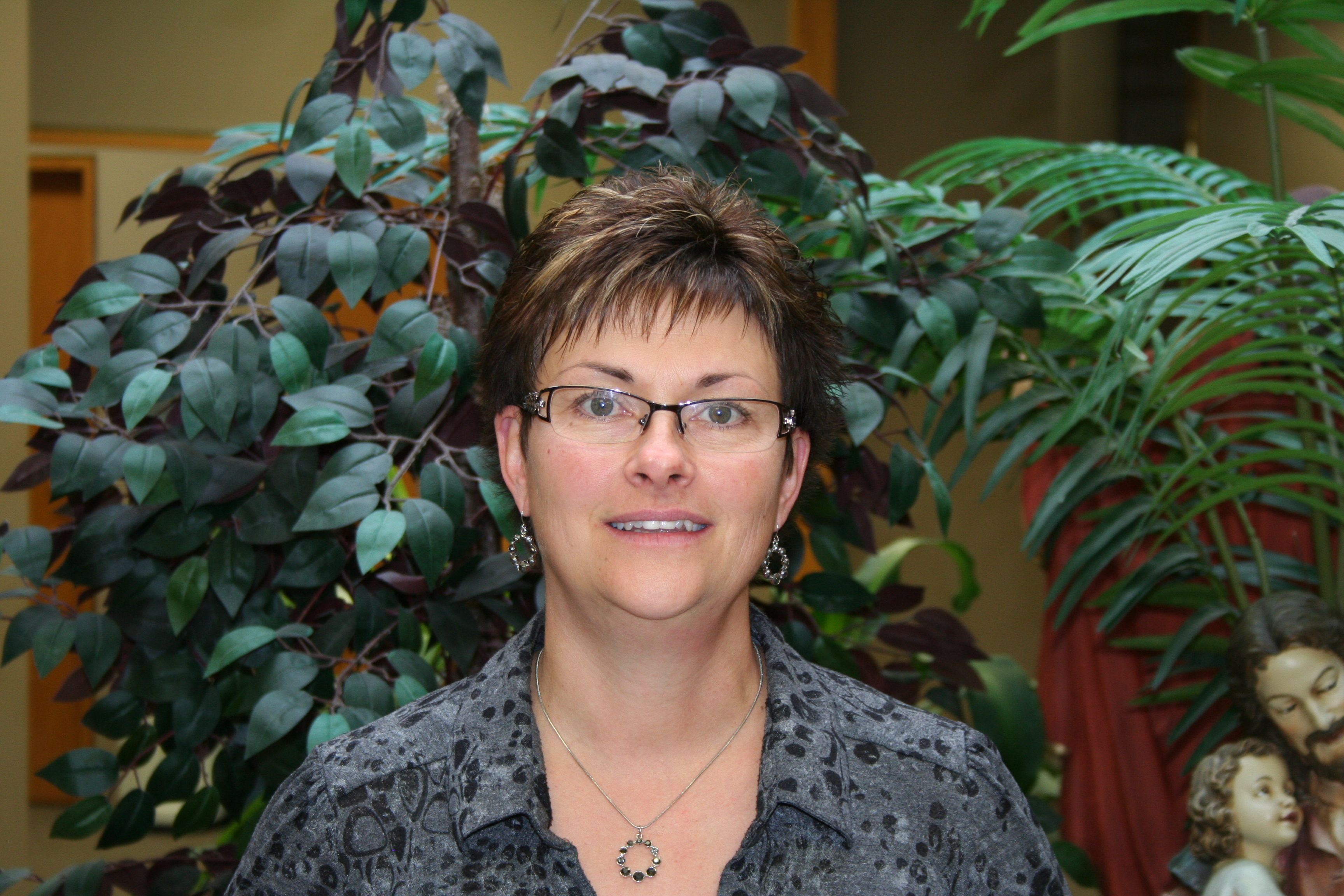by Deanna Pellatt
“Be merciful, just as your Father is merciful.” Luke 6.36
Christ the Teacher Catholic Schools in Melville, Theodore, and Yorkton continue their journey on making stewardship a way of life. The faith focus for this school year is the stewardship virtue of mercy which follows the previous years’ focus on gratitude, generosity, trust and responsibility based on Fr. Darrin Gurr’s pillars and Dan Potvin’s ten virtues of stewardship. What an incredible ‘Godcidence’ that our year of focus on the virtue of mercy coincides with the Jubilee Year of Mercy!
Early in 2015, on January 28th, the feast day of St. Thomas Aquinas who is the patron saint of Catholic schools, a prominent Dominican preacher – the Very Reverend Ken Letoile – said, “Catholics must be “merciful teachers” in eliciting the best from everyone around them”. Fr. Letoile went on to say, “Our call, religious, ordained, and laity alike, is to be ‘merciful teachers who wake up the world’,” and added that St. Thomas saw teaching as a profound work of mercy. Pope Francis also quotes St. Thomas in his Apostolic Exhortation, Evangelii Gaudium – The Joy of the Gospel, stating that, “mercy is the greatest of all the virtues”. He also writes that “the Church must be a place of mercy freely given, where everyone can feel welcomed, loved, forgiven, and encouraged to live the good life of the Gospel”. Catholic schools, as instruments of the Church, must also strive to meet this criteria. Pope Francis has declared 2016 a “Holy Year of Mercy” as a way for the Catholic Church, and therefore Catholic schools, to “make more evident its mission to be a witness of mercy”.
The Parable of the Good Samaritan from the Gospel of Luke served as the starting point for both staff and students to focus on mercy as a virtue of stewardship. The parable concludes with Jesus asking the lawyer, “Which of these three, do you think, was a neighbour to the man who fell into the hands of the robbers?” The lawyer answered, “The one who showed him mercy.” Jesus said to him, “Go and do likewise.” Jesus says the same thing to all of us and he is calling each and every one of us to be merciful teachers. We all teach those around us through our words and actions and by the way we live our lives.
Students and staff were made aware that this parable is more than just a moral lesson. Beyond that, it definitively defines “neighbour love” as the practice of mercy. Father James F. Keenan, S.J., in The Works of Mercy: The Heart of Catholicism quotes Venerable Bede’s interpretation and explanation of the Good Samaritan parable, “The wounded man who lies outside the gates is Adam, wounded by sin, lying outside the gates of Eden. The priest and the Levite, representing the tradition and the law, are unable to do anything for Adam. Along comes the Samaritan (Christ) who tends to Adam’s wounds, taking him to the inn (the church), gives a down payment (his life) for Adam’s healing (our salvation), and promises to return for him (to pay in full the cost of redemption) and take him to where he dwells (the Kingdom)”. Keenan explains that we are called to follow the actions of the Good Samaritan, not because the parable is attractive, but because it is a retelling of the entire Gospel. In it, we are called to go and do likewise…to be merciful. The parable is not simply one among many that Jesus told, but rather serves as a foundational explanation of Jesus’ commandment to love.
Father Keenan goes on to write about the importance of imitating this merciful love of Christ through participation in the works of mercy. Our schools are always involved in a number of projects where the staff and students do exactly that. In the fall, many of our schools participated in the Farm Credit Canada Drive Away Hunger Campaign. Eight schools collected just over 5500 lbs. of food which stays in our communities to feed the hungry of our area. Recently, our schools were involved in a variety of Advent projects which included weekly prayer celebrations, singing and visiting with senior citizens in our communities, purchasing gifts from Free The Children and Chalice for families and communities in need around the world, and collecting necessary goods and funds to assist various charities and service organizations with their Christmas campaigns for those in need. Engaging in the works of mercy to help those in need has been and always will be an important practice in our Catholic schools. We are simply working to increase awareness that not only is it the moral thing to do, but that it is our responsibility as disciples of Christ to extend God’s mercy to all of our neighbours. If you look closely at the background images of our poster, you will see love in action through the corporal and spiritual works of mercy. People are being the hands and heart of Christ both in offering and accepting the gift of mercy. Let us go and do the same!
A Prayer to Be Merciful from St. Maria Faustina guides us in this endeavour:
O Lord, I want to be completely transformed into
Your mercy and to be Your living reflection.
May the greatest of all divine attributes,
that of Your unfathomable mercy,
pass through my heart and soul to my neighbour.
Help me, O Lord, that my eyes may be merciful,
so that I may never suspect or judge from appearances,
but look for what is beautiful in my neighbours’ souls
and come to their rescue.
Help me, O Lord, that my ears may be merciful,
so that I may give heed to my neighbours’ needs
and not be indifferent to their pains and moanings.
Help me, O Lord, that my tongue may be merciful,
so that I should never speak negatively of my neighbour,
but have a word of comfort and forgiveness for all.
Help me, O Lord, that my hands may be merciful
and filled with good deeds,
so that I may do only good to my neighbours
and take upon myself the more difficult and toilsome tasks.
Help me, O Lord, that my feet may be merciful,
so that I may hurry to assist my neighbour,
overcoming my own fatigue and weariness.
My true rest is in the service of my neighbour.
Help me, O Lord, that my heart may be merciful,
so that I myself may feel all the sufferings of my neighbour.
I will refuse my heart to no one.
Amen.
May Your mercy, O Lord, rest upon me.







